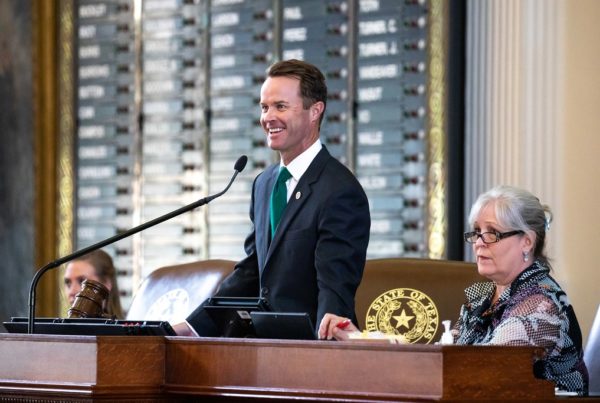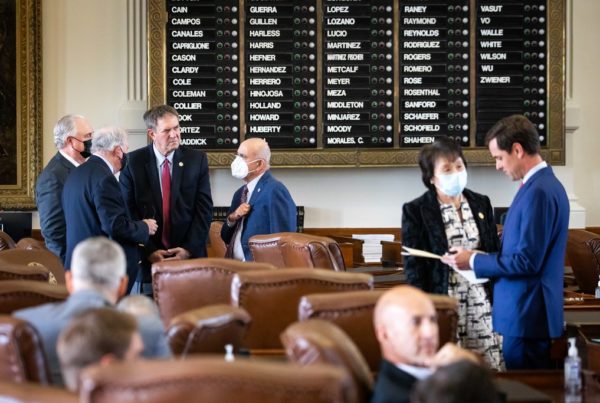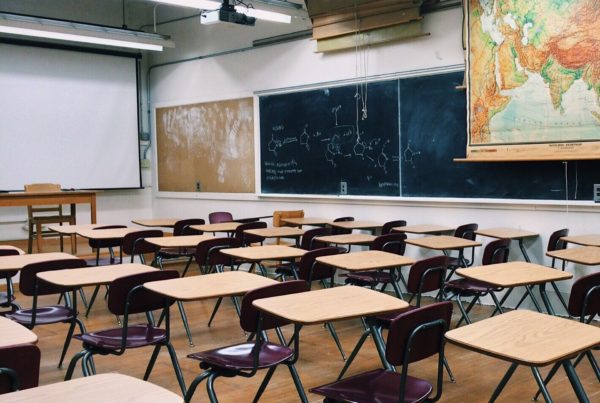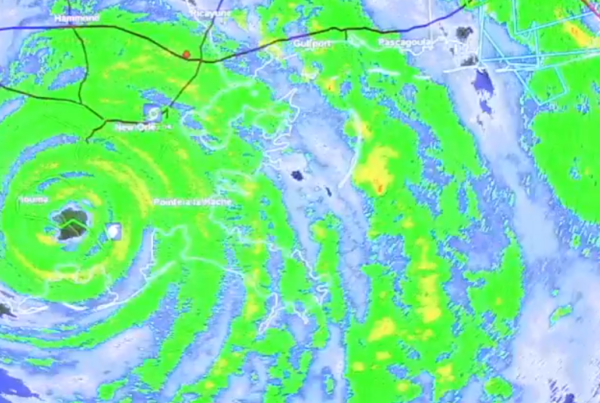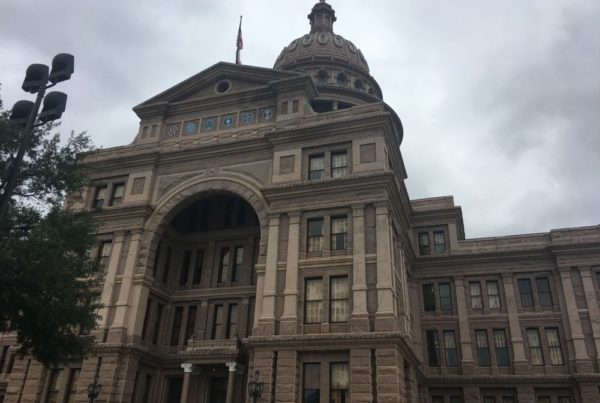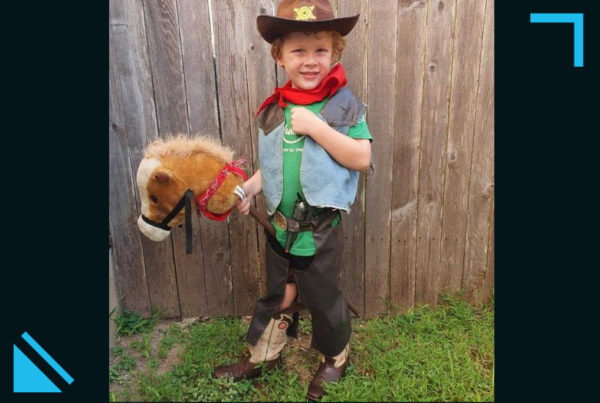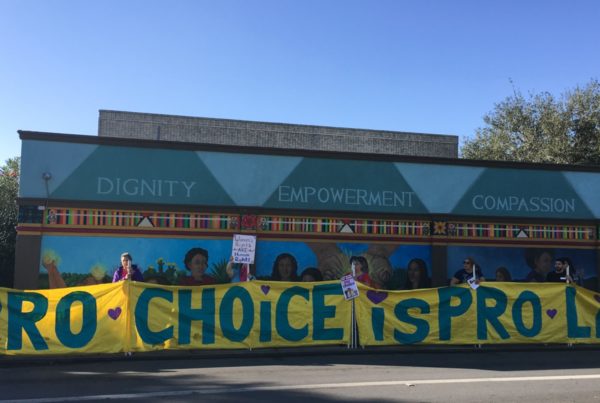Since the day after Kabul fell, a steady stream of Afghans have lined up in the heat around San Antonio’s Center for Refugee Services, huddled around volunteers with pens and paper. Some ask for help filling out forms with the names of their relatives — and testimonies of why they’re in danger.
The agency has been ferrying the names of those at risk to U.S. Representative Joaquin Castro (D-Texas) and up through the State Department.
“So it has literally been a crisis environment for the last two weeks. We have probably helped hundreds of Afghan families process requests, listing the names of their family members that are in harm’s way,” said Margaret Costantino, executive director of the center.
The Center for Refugee Services has collected at least a thousand request forms so far — with some heads of household trying to bring as many as 10 to 15 people to join them in the U.S.
“These are the gentlemen that helped our American military in some capacity,” Costantino explained. “Many of them were interpreters. Some were cooks. Some were drivers.”
Because of their service, most of these requesters are here on special immigrant visas. Costantino says she knows of about 600 refugees already who’ve built a community in San Antonio over the last several years.
On Friday, a group of Afghan men sat hunched over a picnic table outside the center, listing the names of family members they believe are under threat. One man—who identified himself as Gulwali— said he worked with the U.S. Army in Afghanistan, sandbagging and clearing bunkers after rocket explosions.
“I come for the refugee center,” he said, “and I bring my mom, my sister, my brother. Because my country is really bad right now. I worked for the American military for 14 years and I want to try to bring them here because it is very dangerous. I’m worried for my family”
They are now at risk by association — especially his brother, who was shot by the Taliban but managed to survive.
“They said, ‘Why does your brother work for the American Army?”
The Biden administration says it’s committed to providing safe passage for Americans and Afghans who helped the US government — even after the withdrawal deadline. But it’s unclear how the process will work.
For “Americans and other individuals that want to be able to leave Afghanistan after our withdrawal is complete, the State Department is going to continue to work across many different levers to facilitate that,” Pentagon spokesman John Kirby told Defense One. “We do not anticipate a military role in that.”
Meanwhile Costantino and her Center for Refugee Services colleagues are left fielding impossible questions from worried Afghans.
“On one level, we’re extremely overwhelmed with sadness,” she said. “On the other hand, we know that there’s still hope. People are asking me, ‘Is there hope? Is there hope?’ I will never tell anyone there’s no hope.”
There is confirmation that some of the Afghans who have made it out will end up in San Antonio.
“We’re expecting to see about another 100 SIV arrivals over this next month — and then we’ve also learned just this past week that we will probably very likely be seeing some Afghans arrive with humanitarian parole status.” said Lisa David-Kwanjai, the director of refugee resettlement for the San Antonio office of RAICES.
David-Kwanjai said some of the Afghan families that recently arrived in San Antonio came with just the clothes on their backs.
“While there’s going to be so rough weeks and months ahead — especially given the intense chaos from which they’ve just fled — I am still very much hopeful for their long term integration and resettlement. They’ve given a lot for our freedom. So I hope we’re able to do this for them.”
Many Afghans who already live in the San Antonio area have opened their homes to the evacuees.
“Many of these [refugee] families will be staying with other families from their country. Many of them will be related or they’ll be related to somebody who’s related to somebody,” said Jean Sherrill, assistant director for the Center for Refugee Services. “So that’s going to put a burden on the host family as well as the newcomers.”
The Center for Refugee Services is asking for items like laundry detergent, hygiene products, blankets, pillows, wash cloths, towels, face masks, as well as grocery and clothing gift cards. Donations can be dropped off at the Resurgent Church on Fredericksburg Road in San Antonio this week.
RAICES Texas is also asking for donations, with guidelines listed on its website.




